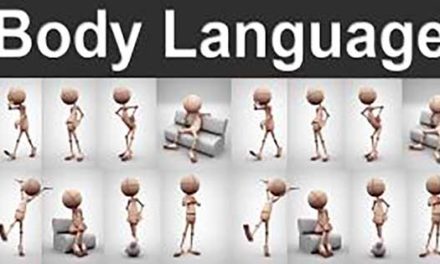Now, make a list of your accomplishments both work-related and non-work-related. Think about your entire life and jot down anything you’ve done that you felt proud of or good about at the time. Anything that comes to mind is worth recording. List a minimum of ten accomplishments. Work-related accomplishments or contributions may be harder for you to remember because:
? they were part of your job and didn’t feel like accomplishments to you.
Give each of these achievements a title and list them in the Accomplishment Analysis blog.
Think about all the skills you used to achieve each one or to overcome the obstacles you faced and wrote them down. Analyze these accomplishments. Did they involve similar subject matter! Same skills! Same needs! Were you alone? Or included as part of a team? What was the most satisfying or rewarding? What was the real payoff for you? What patterns do you see? What are you discovering are your success patterns? These patterns are robust indicators of your interests and values.
There’s always a link between what we do well, what we enjoy, and what we find rewarding. Most of us perform more efficiently, are more committed and are more promotable when the work we choose allows us to use the strengths that come most naturally and that we are motivated to use.
Consider this when you are targeting jobs.
Is there potential for you to use your motivated skills in paid employment? If not, why not! If you feel that what you like to do is not realistic as a job target, plan to create opportunities to use your motivated skills in leisure/recreational activity or volunteering.
It’s worth it to develop this list of accomplishments because employers who are competent selection decision-makers know that the best predictor of future behaviour is recent past behaviour.
This analysis prepares you to provide evidence of your desirability as an employee. It will help you in developing your resume, making covering letters and preparing yourself for job interviews. It’s not enough to just outline job duties and responsibilities. You also need to let employers know how you functioned and what results you achieved.
Review your historical work background and ask yourself:
– In what way did I improve the job or work area?
– How have I contributed to productivity and morale as part of a work team/group?
– What recommendations have I made for change or elimination of some work function?
– What feedback did I receive on my effectiveness from the customers I served? Include both internal and external customers.
– What feedback/recognition have I received from the organization? Include both formal feedback (i.e., performance evaluation) and informal feedback, such as attention in meetings or notes of appreciation.
Include both formal feedback (i.e., performance evaluation) and informal feedback, such as attention in meetings or notes of appreciation.
What ideas did I contribute to improving the bottom line (increase revenue or decrease costs)?
Volunteer and Community Accomplishments
Do the same kind of accomplishment analysis of your non-paid activities. Make a list of them. Consider the obstacles you overcame and the skills you used as well as the personal gratification you received. Are there any patterns? Can you see yourself using similar interests and competencies in paid employment?
© Wordscapes® (David Turner). All Rights Reserved.




